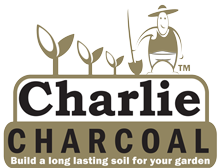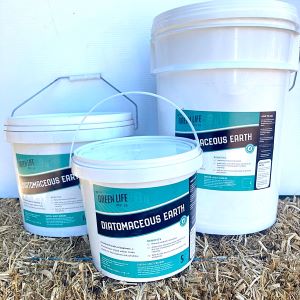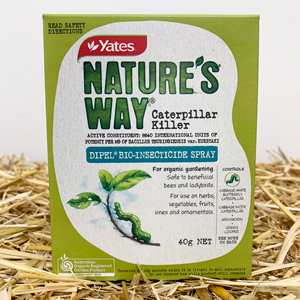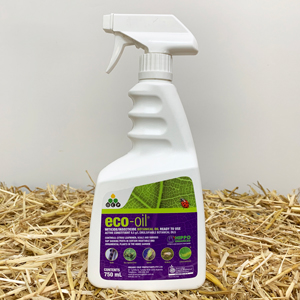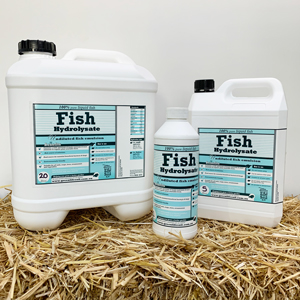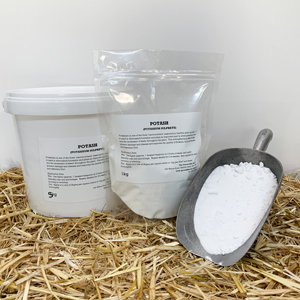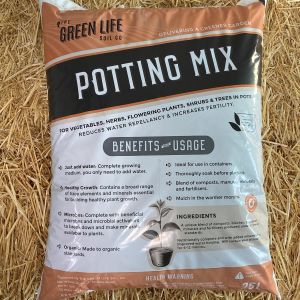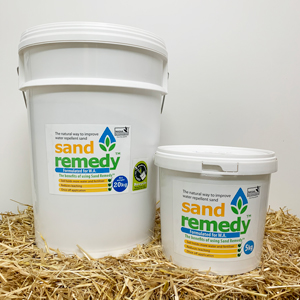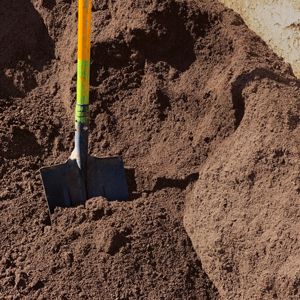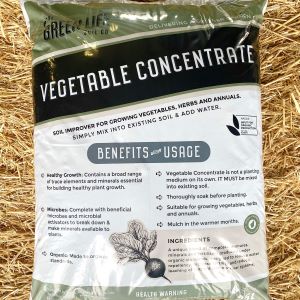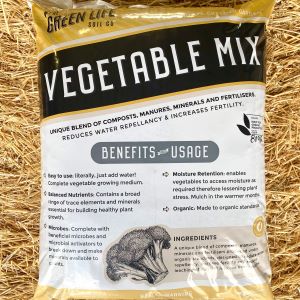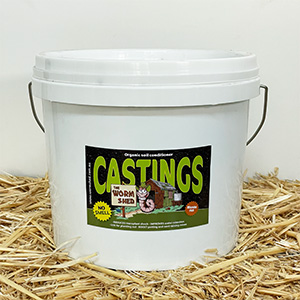| item(s), Total: $0.00 View Cart |
| Shopping cart is empty. |
Onions

If you have never tried growing onions before, why not give them a go this year? They are a very versatile, easy to grow vegetable that can be grown from seed most of the year.
Some people have commented to me that they don’t grow them because (a) they’re cheap to buy and (b) they’re always readily available. I still believe there is value in growing your own – particularly if you are wanting to grow organically, and know WHAT you and your family are consuming. Because onions are relatively slow growing, commercial growers need to control weed competition so herbicides are used routinely. Fungicides are also used to control disease and to improve keeping qualities. (Of course, this does NOT apply with Certified Organic produce.)
There is a wide range of onion varieties available. Usually they are described as ‘Late season’ varieties (for planting late winter, into spring and early summer), ‘Mid season’ (for planting early winter), or ‘Early’ (for planting late autumn). Red, White and Brown onions are available in each variety. Do some research before selecting an onion variety is suited to your climatic region. Onions can be grown from seed or seedling. Seeds can take a couple of weeks to germinate and will need to be thinned once they develop. (the picture on right of 'Gladalan' onions in our garden shows what happens if seedlings are not thinned! Obviously there was a little too much competition - but the onions were completely OK to use.)
Use the picked seedlings in salads – all parts are edible. Raising seeds in seedling trays is useful – when seedlings are about 10cms high, carefully prick them out and transplant, allowing about 10cms between plants. Onion seed does not keep particularly well. Ensure seed is fresh, or you may not achieve a good germination rate.
Onions prefer slightly alkaline conditions to acid (pH of 6.5 – 7 ideally). They do not need a particularly rich soil, although beds prepared with aged compost are fine. If soils are too heavy or poorly drained, onions are prone to rot. Avoid fresh manures and fertilisers high in nitrogen, to discourage too much top growth. Once the bulbous base begins to form, do not apply any additional fertiliser. Plant in a sunny spot. Bulb formation is triggered by length of sunlight hours and temperature.
Onions are one of the oldest recorded vegetables – with records found showing their cultivation in Egyptian times. They are part of the Allium family, related to garlic, and also to many ornamental flowering plants, including the Lily.
Onions can be eaten any time – immature tops can be used like spring onions. If you allow the onions to develop into a bulb, they can be harvested as required. If they are still in the ground when the tops begin to yellow off, bending the tops over just above the soil will help speed up the bulb swelling for harvest.
Onions can take at least six months to mature, so you will require some patience! Spring onions however are very quick growing, and are a rewarding vegie all year round. Some types of onions store better than others, but all will need dry, well ventilated and preferably dark conditions for best keeping. Pickling onions is also another time honoured (and tasty!) way to enjoy your produce for longer.
Resources for Growing Organic Veggies & Herbs:
| item(s), Total: $0.00 View Cart |
| Shopping cart is empty. |

